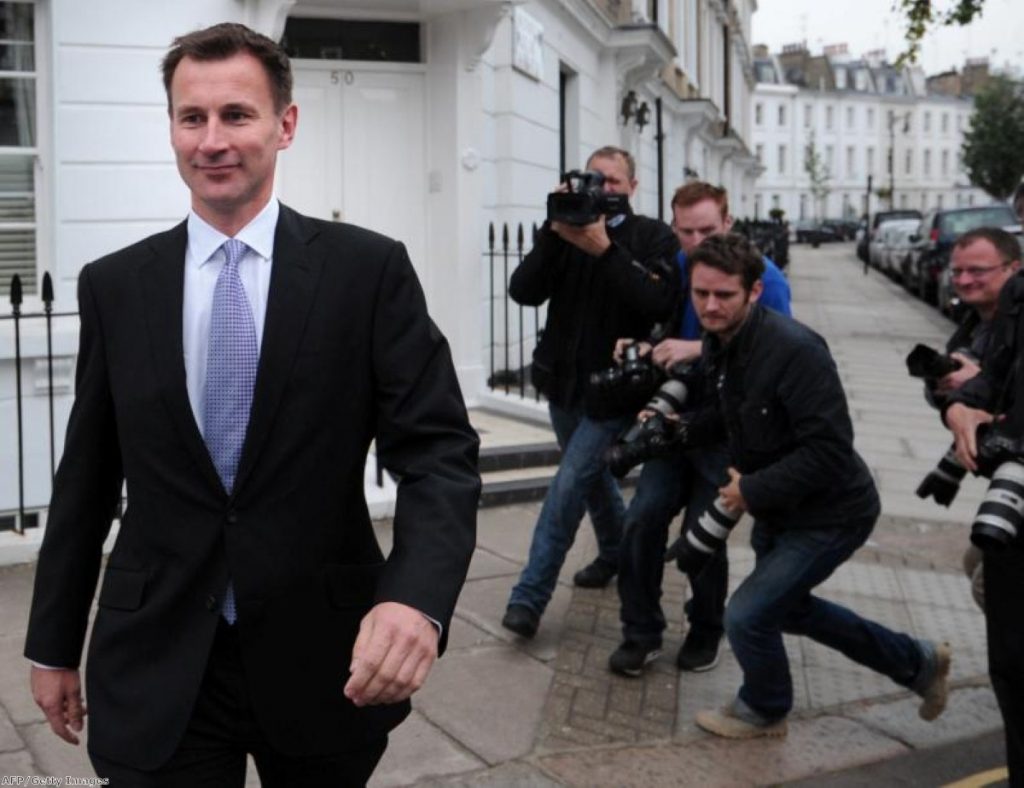Pick of the Week: Jeremy Hunt’s costly prescription
Our five most popular stories this week, for your reading pleasure
5. Greek crisis shows the eurozone is a thug enforcer for capitalism

The crisis in Greece continued to dominate the news this week, as the country prepared for a referendum on austerity and their future in Europe. Sadly the bullying reaction from Greek's creditors to the decision to hold the referendum in the first place betrayed a contempt for the very progressive democratic principles the European union was founded to protect.


4. Anatomy of a legal strike: how lawyers are bringing the system to its knees

Anger among lawyers about cuts to legal aid prompted a nation-wide legal strike this week. Previous attempts at industrial action by the legal profession have faltered due to smaller firms scooping up the work, but there were signs that the action this week would be on an unprecedented scale.
3. David Cameron: Twitter and Facebook privacy is unsustainable

Last week's terror attacks in Tunisia. prompted much debate about how the UK government can best protect its citizens at home. Inevitably this led to renewed calls to push through the latest version of the so-called snoopers' charter.The investigatory powers bill will enable the security services to access individual's private online communications. The prime minister was asked this week whether the current privacy policies were "unsustainable". He replied that spooks must always be able to "get to the bottom" of online communications.
2. Gove faces court chaos as wildcat legal strike spreads
This earlier piece reporting on this week's legal strike was our second most-read piece of the week.
1. Jeremy Hunt to shame patients with cost of NHS drugs

The founding principle of the NHS was that treatment should be provided on the basis of need rather than cost. This week Jeremy Hunt revealed plans to fracture that principle. From next year all medicines costing the NHS more than £20 will be labeled with their price and marked "funded by taxpayers". The move not only undermines the founding principle of the NHS, it also risks discouraging some patients from continuing with costly medication out of shame for the cost to taxpayers. This is a regressive step, which the government would do well to reconsider.










